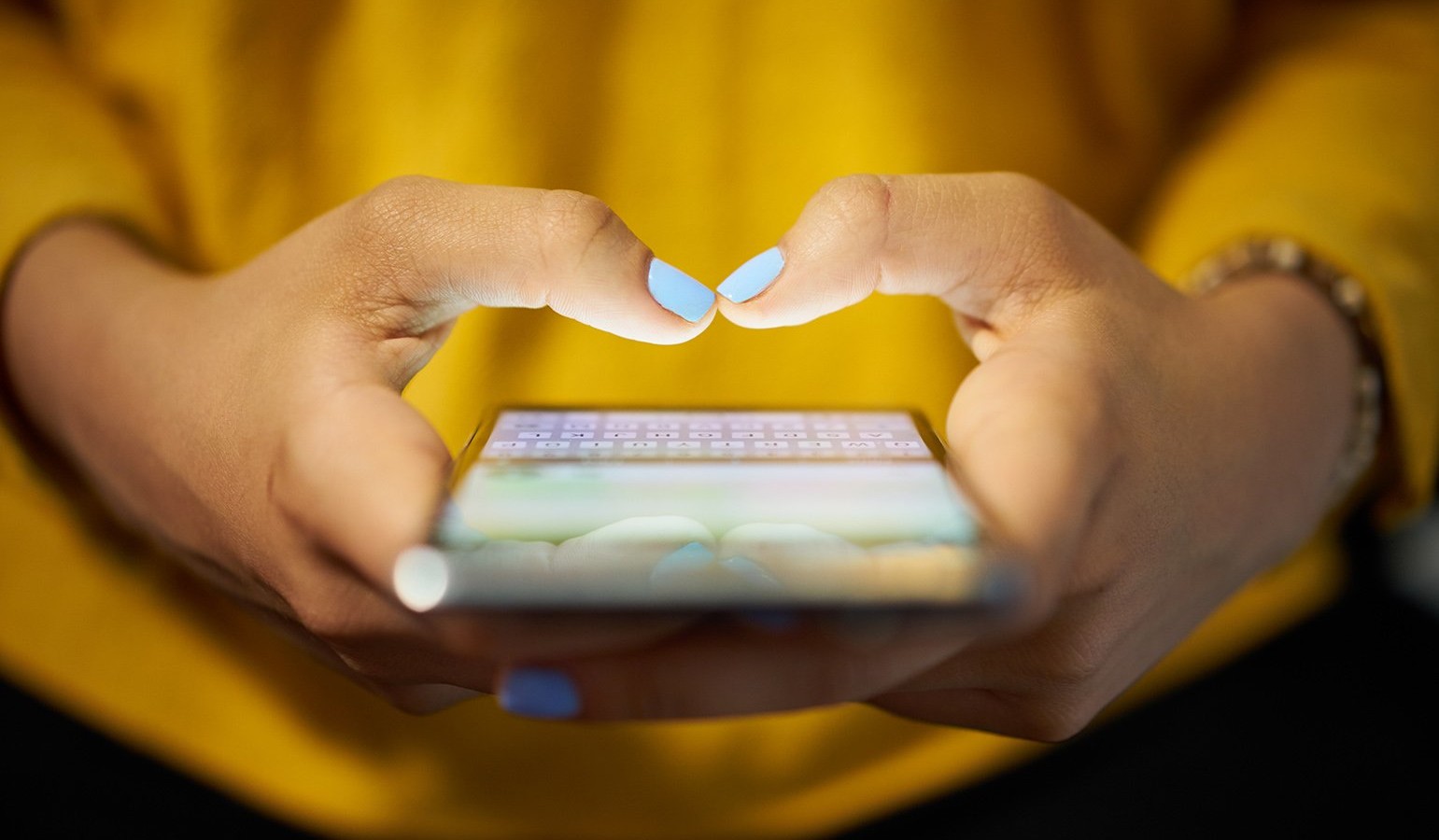Teens can spend up to 9 hours a day using social media according to a new study conducted by Common Sense Media. This staggering statistic suggests that even when they’re not in the classroom or sleeping, teenagers are constantly connected to their smartphones which is where they connect with their friends and the world at large via Instagram, Snapchat, Facebook as well as a myriad of other social media platforms.
However, is it beneficial for them?
Although it’s a great way to stay in touch with your friends and share information, which is often positive, however, social media’s “always-on” aspect of social media can be exhausting. You can also get new friends through SuperViral Au It can be a drain on the teens’ mental well-being.
Its Royal Society for Public Health conducted a survey of 1,500 teenagers and young adults on their habits on social media. They discovered that Instagram as well as other social media platforms are linked to the highest levels of depression, anxiety as well as bullying, and “fear of missing out (FOMO).” They may create the perception of a body that is negative as well as bad sleeping habits.
“As this study and others have suggested, the more social media young adults consume, the more likely they are to report depression or anxiety,” said Stefanie Lopacinski, Ed.D, LCSW, consultant in behavioral health in Abington Jefferson Health. “It becomes a responsibility to keep track of, monitor, and respond to social media demands and demands from multiple websites. It’s too to handle.”
What you see is It’s Not What You Will Get
Another danger that social networks have is that it’s quite easy for teenagers to make comparisons between themselves and other users. By clicking an electronic mouse or swipe on your screen, users are granted access to an entire world of strangers and friends alike. But the images they view are often not the reality of life.
“Physical comparison is a big issue with social media,” said Lopacinski. “We look at everything on social media for granted. But, manipulating selfies with filters and editing software are now the norm.”
The constant comparison with unrealistic ideals can lead to feelings of self-doubt, low self-esteem, low body image, and worry about being left out. Both boys and girls have to compete with their peers.
“There is a ton of pressure to perfect your selfie pose and stay in shape,” said Lopacinski. “Teens spend a lot of time trying to live up to these unrealistic expectations and falsified pictures.”
A Simple Solution, that Requires effort and self-discipline
Teens don’t have the option of giving to social media however, there are more healthy methods to utilize it. Lopacinski along with other mental health experts advocate for strategies such as warnings about heavy use that appear whenever someone is using an excessive amount of social media or regularly, and warnings regarding digitally altered images.
Teens can also take steps to safeguard themselves, particularly if they’re experiencing anxiety or anxiety and depression related to social media.
Lopacinski offers suggestions such as:
Mindful Media Awareness of the negative effects that social media has on us. It is important to ask yourself questions such as: “Are my shoulders raised and tight?” “Is my jaw clenched?” “Am I smiling or laughing and genuinely happy while online?” “What am I thinking?” “Am I comparing myself to this person?” “Does this feel good?” “Is this helpful?” “Is this a good use of my time?”
Facebook Friday An opportunity to remind yourself to make use of social media at least each week for people who prefer to stop using it daily. This method works equally well with other social media (e.g., “Snapchat Saturday” or “Twitter Tuesday.”)
Facebook Fifteen: Restricting use to 15 minutes on any social network.
Nothing more than Notifications Checking in and logging in only when you get notifications, which limit your interactions to contacts that you have closed and prevents endless scrolling.
“Teens can also make it a point to use social media positively,” Lopacinski said. “They can focus on using social media to get involved with organizations and beliefs they support.”
Should you feel that you and a teenager in your life are suffering from the negative consequences on social networks, try these suggestions. If you require assistance in dealing with a mental health problem like an anxiety disorder or depression speak to your doctor right now.


